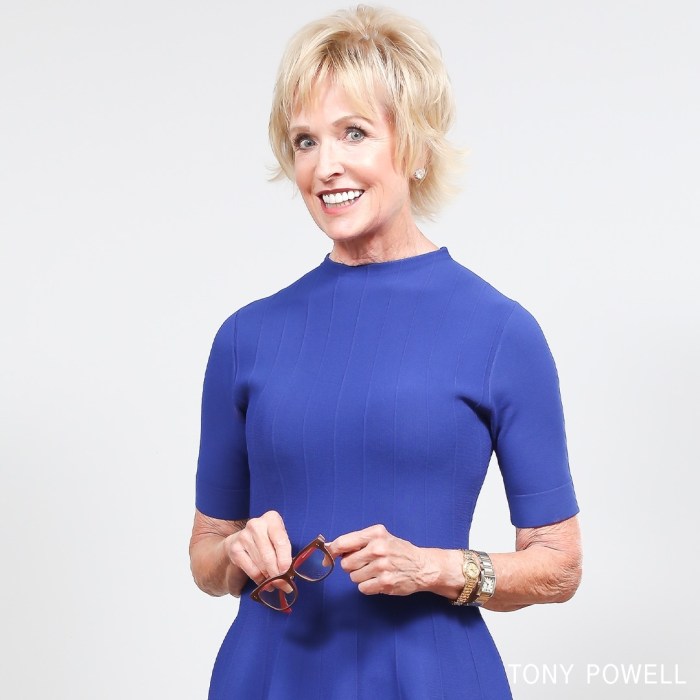By Kathy Kemper
The Huff Post, Published 1/24/2012
The United States has advocated democratic and liberal reforms in the Middle East for over half a century. Sometimes, it has worked behind the scenes. Other times, it has been out in front, trying to catalyze change. Whatever the strategy, U.S. policymakers have repeatedly found their efforts stymied by the grip of long-standing authoritarian regimes, the persistence of deeply-rooted cultures and social norms, and hostility to Western “meddling.” How ironic then that, when change finally arrived in the Middle East, the United States was taken by surprise — just like everyone else watching from the outside — and left scrambling to keep up as the situation on the ground changed on almost a daily basis. Even more ironic, now that the historic transition that the United States has long supported is finally underway, American policymakers — like their counterparts in Europe — are hardly in a position to lend the Arab world much support.
Given the major political and economic constraints on more active international engagement, how can the United States play a constructive role in the Middle East and support the many Arab voices speaking out for dignity, opportunity, and greater representation? That is the big question that Under Secretary of State for Economic, Energy, and Agricultural Affairs Robert Hormats put on the table at the Institute for Education’s first INFO salon of its 21st season.
Speaking at the Embassy of the Republic of Indonesia, Under Secretary Hormats had arrived the night before from a trip to the Middle East — to countries he described as being part of the “great historic events of our time.” The overthrow of old, corrupt regimes has opened up space for civil society, including young people and women, in the Arab world to decide what kind of institutions and norms ought to govern their respective countries. Egypt, Libya, and Tunisia are at the vanguard of this transformation, but across the Middle East, reforms are taking place. Saudi Arabia, to name one example, recently established a co-ed public university, the King Abdullah University of Science and Technology, for the first time.
U.S. policymakers have waited for decades for a moment like this. But now that it is here, Hormats pointed out, we’re not in the same position we were after the Cold War, when U.S. policymakers were able to extend billions of dollars in aid to both Russia and the ex-Soviet republics to ease tensions and boost economic development. This time around, facing large deficits and carrying an unsustainable debt load, the United States does not have the budget, much less the political will or public support, needed to invest in the Middle East transition in the same way it invested in dispelling the ghost of communism once and for all.
This time, there will no big foreign aid programs. But there are other ways that the United States can play a constructive role in the region and support progress at a pivotal time. Engagement with the Arab World must begin with the recognition that each country in the midst of transition will have to find its own way and do the heavy lifting required to build strong, responsive institutions and space for civil society to thrive.
To view this column online, please visit: http://www.huffingtonpost.com/kathy-kemper/supporting-the-arab-world_b_1228284.html
To view Kathy Kemper’s columns on the The Huffington Post’s website, visit: http://www.huffingtonpost.com/kathy-kemper
To see all of Coach Kemper’s articles go to: https://www.instituteforeducation.org/category/news/coach-kemper-columns/
